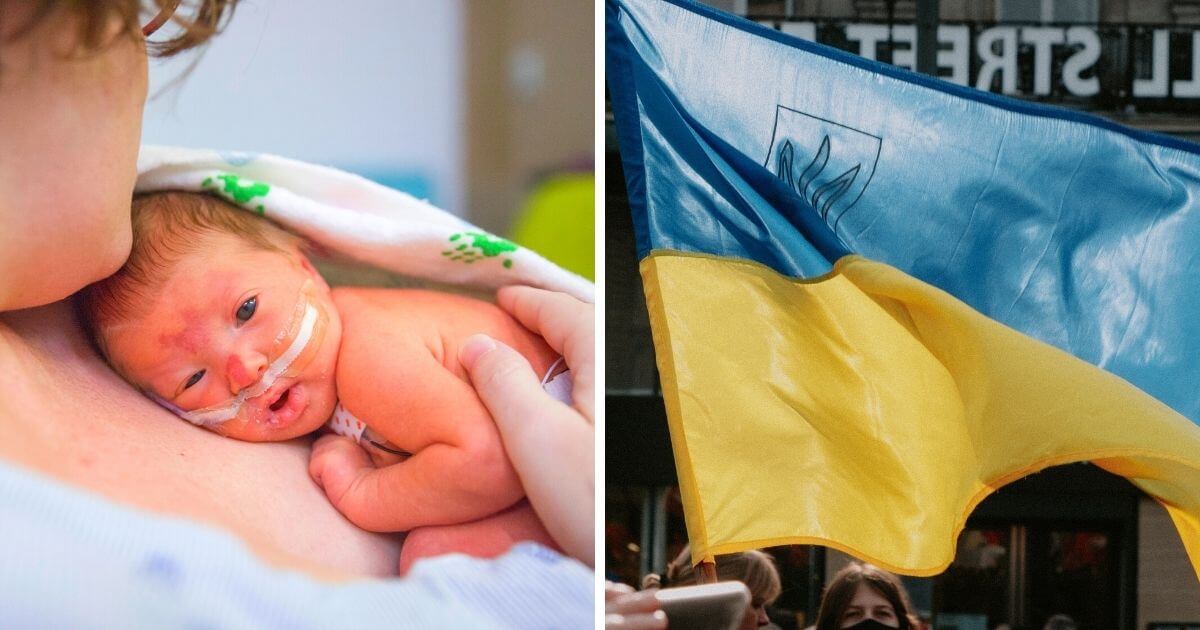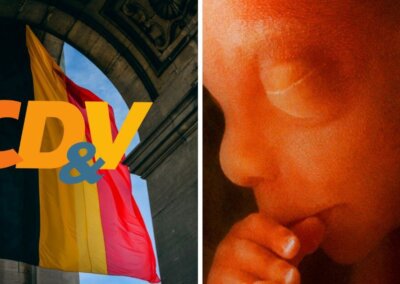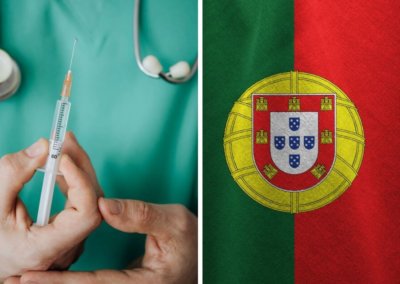A British charity is sending specialised birthing kits to help pregnant mothers in Ukraine who are frequently unable to access hospitals due to the current conflict.
Baby Lifeline, a Coventry-based charity, has put together specialised birthing kits containing blood pressure monitoring equipment, suture kits and a delivery pack. The kits have been designed by a panel of experts for use by midwives and other medical professionals. The charity says that each kit costs £1,000 and that they are being sent out to Ukraine via Poland. The first kits arrived in Kyiv on 4 April.
The founder of the charity, Judy Ledger, has said that the packs are “really urgently needed”. Baby Lifeline has so far sent 39 out-of-hospital birth bags to Ukraine, along with clothing for newborn babies and equipment such as thermometers and sanitary items.
Between 24 February, when Russia invaded Ukraine, and mid-March, more than 4,300 babies were born in the country according to the United Nations. A further 80,000 women are expected to give birth in the country over the next three months.
Ledger explained that medical professionals are in need of the equipment because many births are not able to take place in hospitals.
“They are out in bunkers, in crowded situations, terrible situations actually”, she said.
The charity said that the packs contain everything needed to support a normal birth and to help with complications that might arise.
At the beginning of the conflict, prematurely-born twin babies were rescued from the Ukrainian capital Kyiv amid shelling from Russian forces.
Twins, Lenny and Moishe, were rescued by Project DYNAMO, an American civilian rescue non-profit, during the conflict and were transported from Ukraine to Poland on Monday 7 March.
Right To Life UK spokesperson, Catherine Robinson, said: “Babies continue to be born regardless of the conflict and they, together with their mothers, need support. That’s why this is such a great initiative. We wish the children and their families all the best in the midst of these very difficult circumstances, as well as all those whose lives have been terribly affected by this war”.












